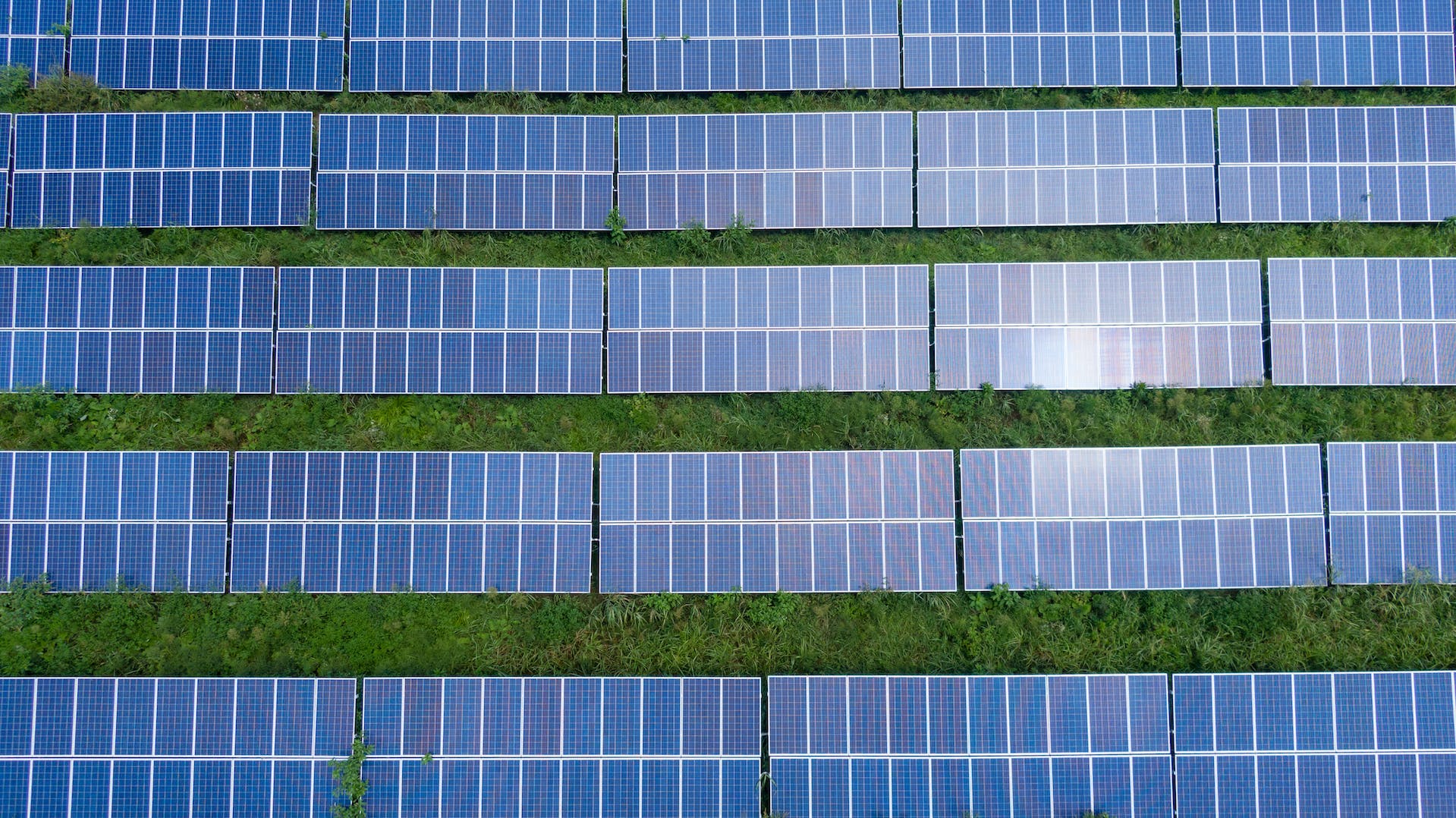The Role of Solar Energy in Sustainable Urban Development
June 8, 2024

In the pursuit of sustainable urban development, solar energy emerges as a beacon of hope. With its abundance and renewable nature, solar power holds immense potential to revolutionize our cities, mitigating environmental impact and enhancing resilience.
The Rise of Solar Energy:
Solar energy is witnessing an unprecedented rise in urban landscapes worldwide. From rooftops adorned with photovoltaic panels to vast solar farms nestled on the outskirts, cities are increasingly harnessing the power of the sun to meet their energy needs sustainably.
Clean Energy for Urban Resilience:
Solar energy plays a pivotal role in enhancing urban resilience. By diversifying energy sources and reducing dependence on finite fossil fuels, cities can fortify themselves against energy shortages, price fluctuations, and geopolitical tensions, ensuring uninterrupted power supply for residents.
Related Post- How Solar Energy Illuminates a Greener Tomorrow
Mitigating Environmental Impact:
The adoption of solar energy in urban areas contributes significantly to mitigating environmental impact. By generating electricity without emitting harmful greenhouse gases or pollutants, solar power helps combat air pollution and mitigate climate change, fostering healthier and more livable cities for inhabitants.
Empowering Communities:
Solar energy empowers communities by democratizing access to clean and affordable electricity. Through initiatives like community solar programs and incentivized installations, residents, irrespective of socioeconomic status, can participate in the transition towards sustainable urban development, fostering inclusivity and social equity.
Economic Opportunities:
The solar industry presents abundant economic opportunities for urban areas. From job creation in installation, maintenance, and manufacturing to attracting investments in renewable infrastructure, embracing solar energy stimulates local economies, fostering growth, and prosperity while laying the foundation for a sustainable future.
Integration with Smart Technologies:
The integration of solar energy with smart technologies heralds a new era of urban development. Through advanced monitoring, optimization, and storage solutions, cities can enhance the efficiency and reliability of their solar infrastructure, maximizing energy yield and minimizing wastage.
Also Read- Understanding Solar Panel Recycling and Sustainability
Resilient Infrastructure:
Solar energy contributes to building resilient urban infrastructure. By decentralizing energy generation and incorporating microgrid systems, cities can mitigate the impact of natural disasters and grid failures, ensuring continuity of essential services and fostering disaster resilience.
Policy and Regulatory Support:
Policy and regulatory frameworks play a crucial role in fostering the widespread adoption of solar energy in urban development. Governments can incentivize solar installations through subsidies, tax incentives, and streamlined permitting processes, paving the way for a solar-powered future.
Conclusion:
In the quest for sustainable urban development, solar energy emerges as a cornerstone, offering a clean, renewable, and abundant source of power. By harnessing the sun’s energy, cities can mitigate environmental impact, enhance resilience, empower communities, and pave the way for a brighter, more sustainable future.